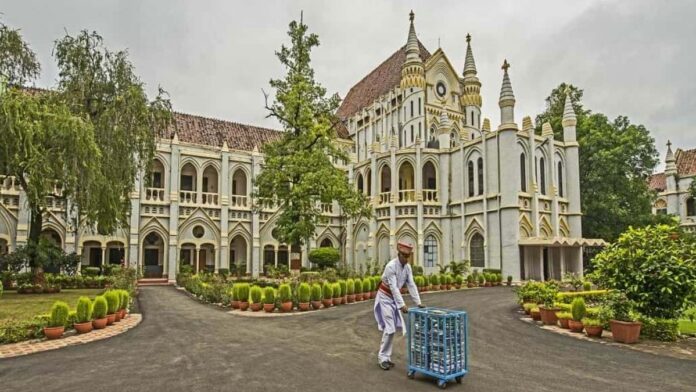The Madhya Pradesh High Court, in a significant judgment, has quashed the termination of Smt. Phoolwati Prajapati, an Accredited Social Health Activist (ASHA) worker, stressing that community-based preferences in appointments cannot override merit and minimum qualifications. The ruling, delivered by Justice Vivek Jain in Writ Petition No. 20052 of 2024, has underscored the importance of




